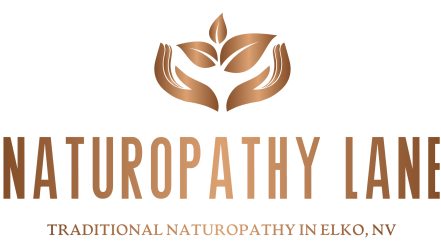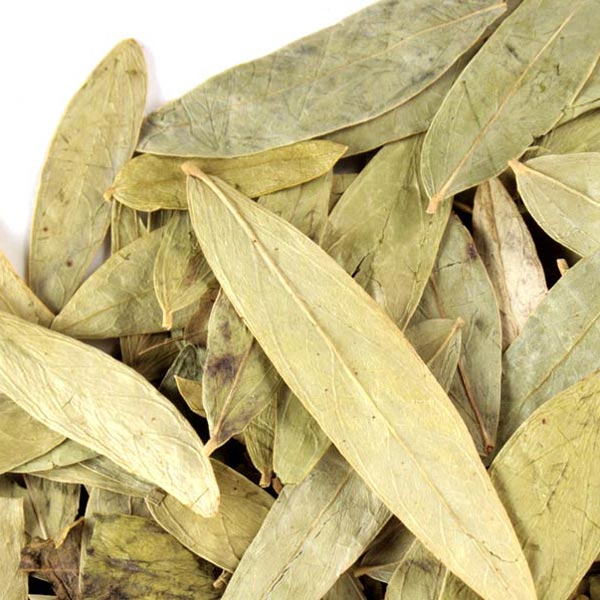Senna: An In-Depth Look at This Traditional Herb
Introduction
—————
Senna, also known as Cassia angustifolia or the wild senna, is a well-known herb in traditional medicine. As a Board Certified Traditional Naturopath and Master Herbalist, I have seen the many benefits of this versatile herb firsthand. In this article, we will explore the different species of Senna, its active constituents, biochemical pathways influenced by it, contraindications, and safety considerations. By the end of this article, you will have a comprehensive understanding of how to use Senna safely and effectively in your health journey.
Species and Active Constituents of Senna
There are several species of Senna, but two of the most commonly used are S. alexandrina (Aleppo senna) and S. angolensis (Cape senna). Both species contain active constituents called sennosides, which are the primary compounds responsible for Senna’s laxative effects. The chemical structures of these sennosides include a heterocyclic ring system with various substituents attached to it.
Traditional uses of Senna in traditional medicine have been extensive, ranging from treating constipation and digestive issues to reducing inflammation and supporting overall health. Its active constituents make it an effective herbal remedy for various conditions.
Biochemical Pathways Influenced by Senna
One of the main biochemical pathways influenced by this herb is the JAK/Stat pathway. This pathway plays a crucial role in cytokine signaling, which is essential for maintaining proper immune function and tissue repair. By inhibiting the activity of JAK/Stat proteins, this herb may help regulate cytokine production and balance. Other biochemical pathways influenced by Senna include the NF-κB pathway, which plays a role in inflammation and cellular stress responses. The active constituents of Senna may inhibit the activity of the NF-κB pathway, potentially reducing inflammation and supporting overall health.
Contraindications and Safety Considerations
As with any herbal remedy, there are potential contraindications and safety considerations when using Senna. Some of these include:
* Potential interactions with other medications: It is important to consult with a qualified healthcare provider before combining this herb with any prescription or over-the-counter medication.
* Health conditions: Individuals with certain health conditions, such as irritable bowel syndrome (IBS), diverticulitis, and kidney disease, should exercise caution when using Senna.
* Pregnancy and breastfeeding: Senna is not recommended for pregnant or breastfeeding women due to potential risks.
* Proper dosing and administration: It is crucial to follow the recommended dosages and preparations when using this herb to avoid potential side effects.
How to Use Senna Safely and Effectively
To use this herb safely and effectively, it is important to consider the following guidelines:
* Recommended dosages and preparations: For laxative purposes, a common dose of this herb as a tea is 1-2 cups per day. For anti-inflammatory purposes, consult with a qualified naturopath for personalized recommendations.
* Side effects management: Common side effects of this herb use include nausea, vomiting, and abdominal cramping. If these symptoms occur, reduce the dosage or discontinue use.
* Additional resources: To learn more about the safe and effective use of this herb, consider consulting with a qualified naturopath like those at Naturopathy Lane.
Conclusion
This herb has with numerous health benefits. Its active constituents, specifically sennosides, make it an effective remedy for various conditions, including constipation and inflammation. While there are potential contraindications and safety considerations when using Senna, proper dosing, administration, and consultation with a qualified healthcare provider can help ensure its safe and effective use. As a Board Certified Traditional Naturopath and Master Herbalist, I encourage readers to explore the many benefits of Senna in their health journey while keeping safety considerations in mind.
For more reading on Natural Health, check out these blog posts:
Mushrooms: Chaga Mushrooms
Herbs: Devil’s Claw | Loveage | Lavender
Other Site Pages: Natural Medicine Blog Posts



